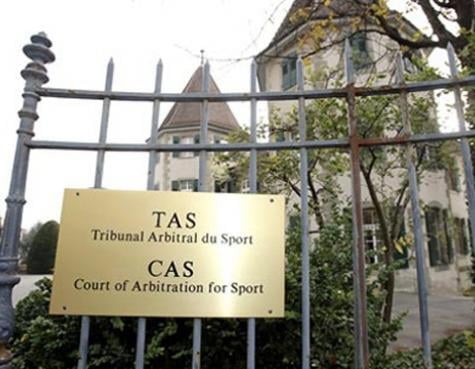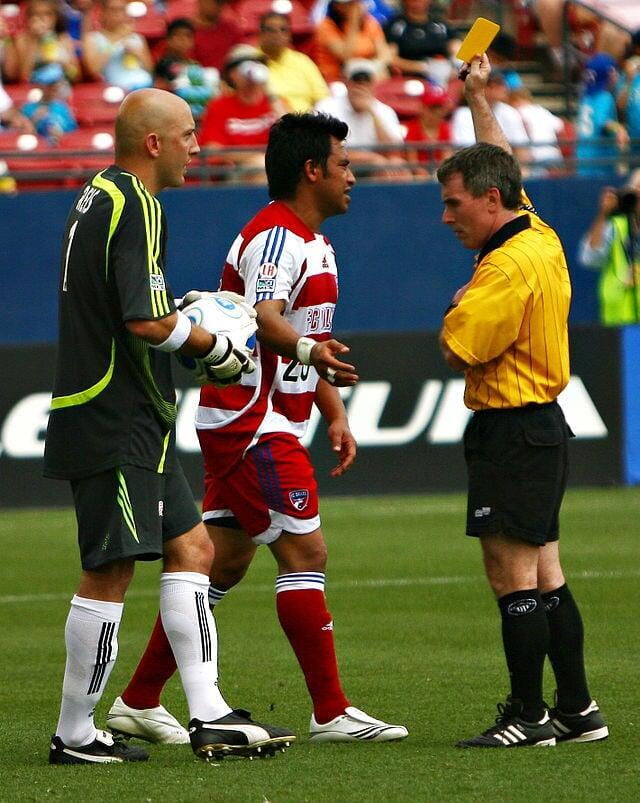By a judgment of 29 August 2018, the Court of Appeal of Brussels declares the illegality of the clauses of obligatory appeal to the Court of Arbitration of Sport (TAS) appearing in the statutes of FIFA, of the UEFA (Union of European Football Association ) and affiliated national federations, in particular with regard to European law and the European Convention on Human Rights.
On the obligation imposed on football clubs affiliated to FIFA to resort compulsorily and exclusively to arbitration before CAS
In this case, a dispute between the Royal Football Club Seraing and the Doyen Sports Company at FIFA, UEFA, the Belgian Union of Football Association (URBSFA) and FIFPRO (the global union of players).
The Belgian Football Club was sanctioned by FIFA in September 2015 with a fine accompanied by a ban on recruitment of two years, corresponding to 4 "mercatos" for having concluded a "TPO convention"(Third Party Ownership) with the company Doyen Sport in January 2015.
As a reminder, FIFA has banned this type of contract following a directive adopted in 2015 (to know about this as well as the FIFA regulations on the TPO).
This sanction was confirmed by the TAS according to the award of March 9, 2017 as well as by the Swiss Federal Court by a judgment of February 20, 2018.
In parallel with the proceedings before sports courts, the applicants (RFC Seraing and Doyen Sport) also challenged FIFA's decision by filing a complaint in the Belgian civil courts.
The Brussels Court of Appeal had ordered the reopening of the interlocutory judgment 11 January 2018 in order to decide on his competence to judge the file, even before pronouncing on the bottom (to know more).
The judgment of the 29.08.2018 therefore concerns only the question of skill, and in particular on the examination of the the obligation of football clubs affiliated to FIFA to obligatorily and exclusively resort to arbitration before the CAS (on appeal from FIFA's first instance decisions), which obligation is also accompanied by a general prohibition to apply to ordinary courts.
On the judgment of 29 August 2018 of the Court of Appeal of Brussels
The fundamental point raised by the Court is the question of submission to arbitration expressed in general terms, coupled with a ban on seizure of state courts ».
On submission to arbitration expressed in general terms
The Brussels Court of Appeal examined the drafting of the arbitration clauses, criticized in the present case in particular with regard to the generality of the terms used, without reference to any "determined legal relationship".
The Brussels Court of Appeal defines the legal relationship determined as being:
« all the obligations arising from a contract between the parties or all the legal relations of a particular character. »
For its part, FIFA considered that:
« the clause refers to a determinable or determinate legal relationship because it acts only to pursue its object, and the clause applies only to the persons referred to therein, and not to any third party. »
However, to the visa of certain European principles such as right of access to justice, respect for the will of the parties or the concern " to avoid that the party that is in a situation of greater economic power does not impose on the other party a particular general The Brussels Court of Appeal concludes that having " drafted the clause in such a way that it makes it possible to apprehend any type of dispute between the parties » makes this one « general clause not relating to a specific legal relationship ».
It can not therefore be applied because it does not fulfill the conditions of validity of an arbitration clause in Belgian law, which must fix a specific legal relationship.
On the prohibition to seize state courts:
Then, the Court ruled on the prohibition to seize the state courts, appearing in the statutes of an international sports federation, which impose the obligatory resort to sporting bodies and arbitration of the CAS.
FIFA and UEFA challenged the jurisdiction of the Belgian state courts, considering that there was no "close connection between the dispute and the court of the place where the causal event directly produced its harmful effects ".
FIFA therefore concludes that it is impossible to sue a foreign defendant in the court of the home of a co-defendant (URBSFA).
On this point, the Court recalls principle of connectedness defines according to the Lugano Convention as :
« such a close relationship that there is interest in educating and judging them at the same time to avoid solutions that could be irreconcilable if the cases were judged separately. »
The Court also holds that:
« appeal to FIFA and UEFA before the Swiss courts while citing URBSFA before the Belgian courts, this situation could lead to irreconcilable solutions.
(...)
So there is connection between the original applications directed against URBSFA, FIFA and UEFA.
(...)
Chis solution stems from the international character of the activities of these parties, and from the pyramidal structure of the organization of sport, involving both international umbrella associations and national federations."
In conclusion, the Court considers that:
"Since the international jurisdiction of these courts is justified by Article 6.1 of the Convention, as regards the effects of the contested decisions in Belgium, it is not necessary to examine whether it is also justified by Article 5.3. of the same Convention, a provision which cannot be the basis of a more extensive jurisdiction.
Since the courts of this place are competent internationally to hear applications originating from Doyen Sport, they are also competent to hear incidental applications lodged by the voluntary interveners. "
The scope of this judgment on recourse to CAS arbitration
The debates will continue on the merits on October 4, 2018 before the same Court on the subject of the ban on transfer sanction.
The lawyers of FC Seraing, Mes Jean-Louis DUPONT and Martin HISSEL spoke on this subject (read the article of the World):
« Not only will FIFA and UEFA no longer be able to hide behind the CAS, but they can also be assigned to any state court.
(...)
Il It is illusory for the international federations to try to impose an arbitration before the CAS on all and for all. In addition, concerning the past, it is very likely that the validity of many awards rendered by the CAS could be called into question, due to the illegality of the clauses which imposed the competence of the CAS.. »
The International Council of Arbitration for Sport (ICAS) reacted following the decision of the Brussels Court of Appeal and considers "that no TAS clause has been declared illegal in the Brussels judgment". Find the CIAS press release here.








